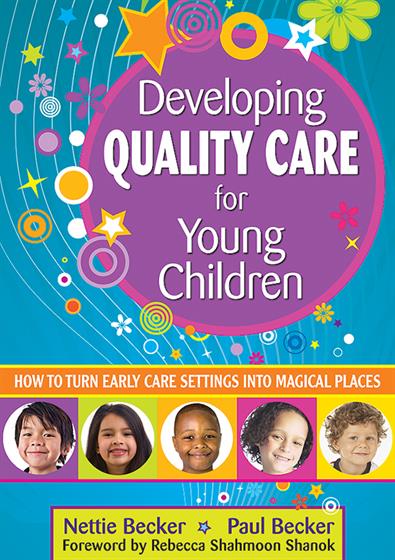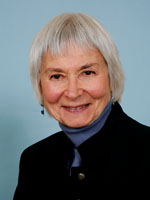
Hands-on, Practical Guidance for Educators
From math,
literacy, equity, multilingual learners, and SEL, to assessment, school counseling,
and education leadership, our books are research-based and authored by experts
on topics most relevant to what educators are facing today.
Developing Quality Care for Young Children
Foreword by Rebecca Shahmoon Shanok
A guide to creating and sustaining a high-quality, successful early child care program!
This resource illustrates how to build a successful child care program, handle the inevitable challenges, and achieve and sustain positive results. By examining the basic principles of high-quality early child care within a real-life setting, the authors demonstrate how to:
- Create environments that foster healthy relationships for children and adults
- Build on children's sense of wonder and joy for learning in preparation for later academic experiences
- Use families' ethnic and cultural diversity as a teaching tool
- Maintain professional standards for administration and staff
- Grade Level: PreK-K
- ISBN: 9781412965668
- Published By: Corwin
- Year: 2008
- Page Count: 200
- Publication date: September 26, 2008
Review Copies
Other Titles in: Classroom Management & Student Behavior | Administration & Leadership | Learning Styles



